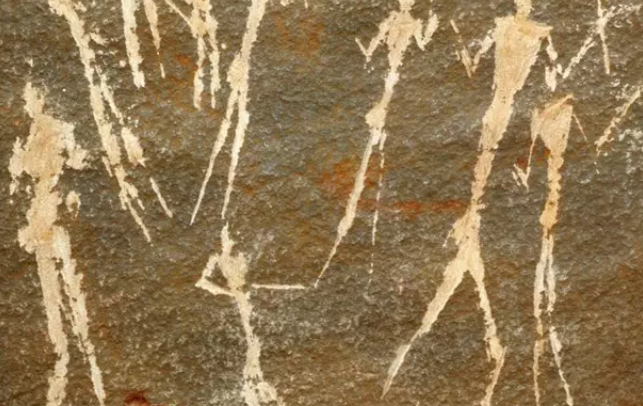Humans arose from the interaction of multiple populations
Contemporary genomic evidence from across Africa suggests that there were humans in different regions of the continent, migrating and intermingling with each other over a period of hundreds of thousands of years.
(c) 2023 Europa Press. The redistribution and retransmission of this content without your prior and express consent is expressly prohibited.
A group of scientists have suggested that the origin of modern humans (Homo Sapiens) does not come from a single ancestral population in Africa, as was previously believed.
Using a computer model together with analysis of genetic data, from the BBC they explain that the researchers propose that we come from multiple ancestral groups scattered throughout different regions of the dark continent.
In that sense, they suggest that at least two different populations coexisted in Africa for a million years before mixing with each other. The latter would have happened hundreds of thousands of years ago.
This new theory challenges the main previous hypothesis that located the origin of modern humans in a specific region in eastern or southern Africa from a single ancestral group.
THE DIFFICULTY IN THE STUDY OF HUMAN ORIGIN
The lack of fossils from the early evolutionary history of Homo sapiens has made it difficult to understand how our species arose and dispersed in Africa before spreading to the rest of the world.
Fossil remains found in places like Ethiopia and South Africa have not been sufficient to determine the evolutionary process with certainty, so this new research suggests that multiple ancestral groups migrated and mixed with each other in different regions of Africa.
In this sense, a previous study by the Max Planck Institute in Germany already proposed the theory of „African multiregionalism”, implying that humans evolved from multiple populations in Africa.







